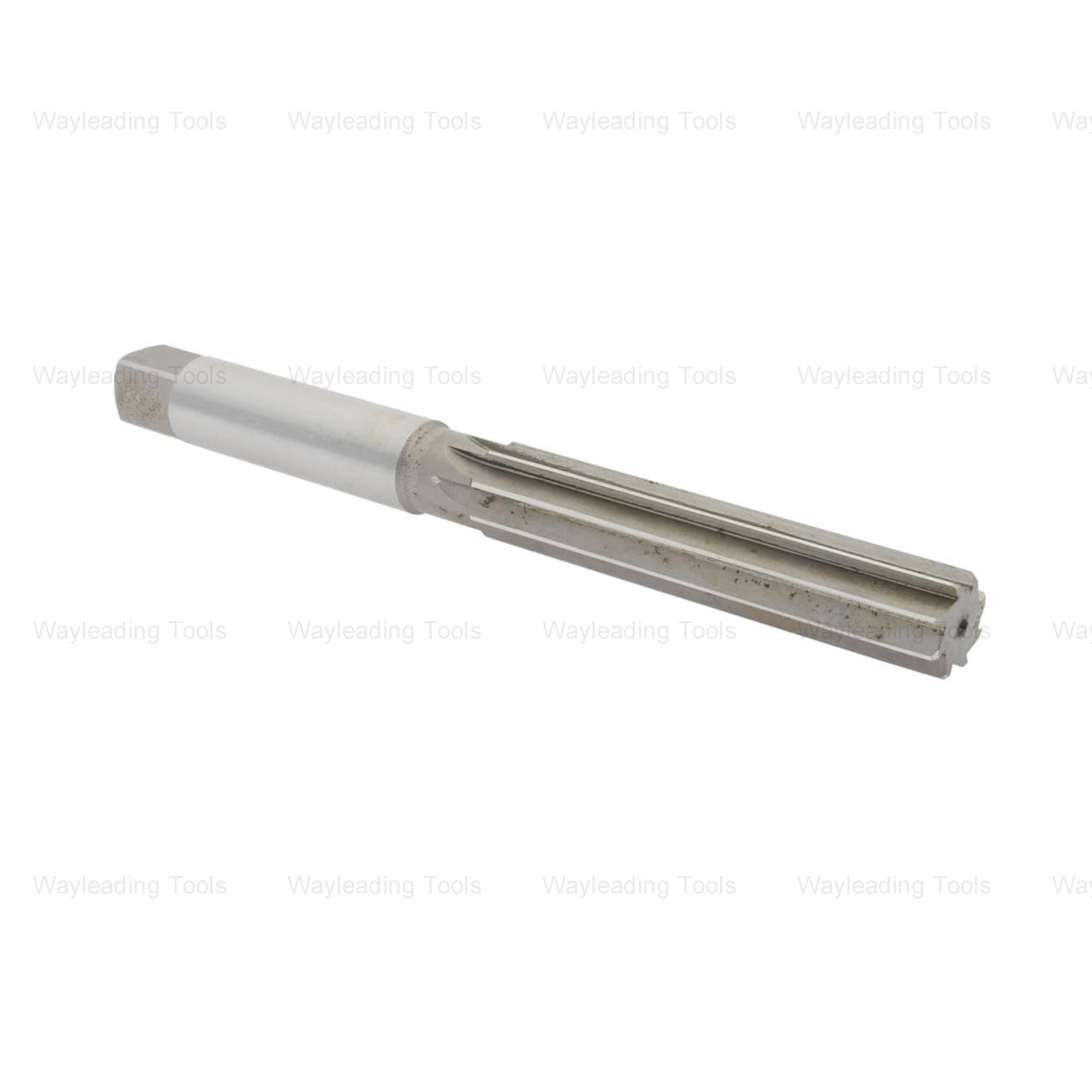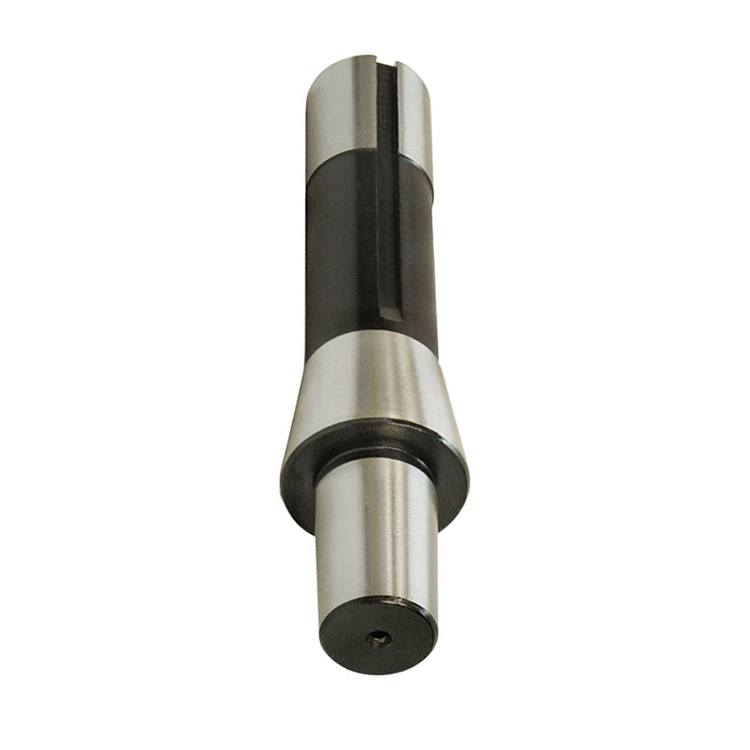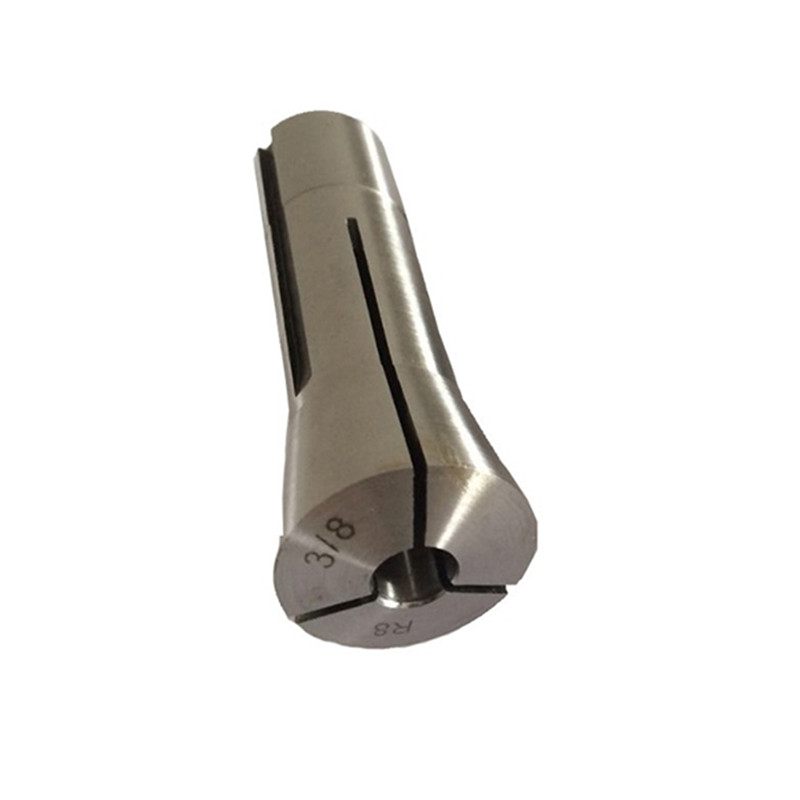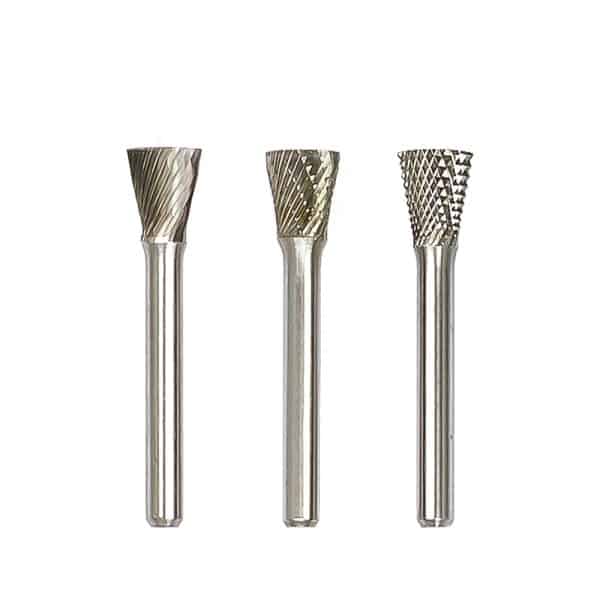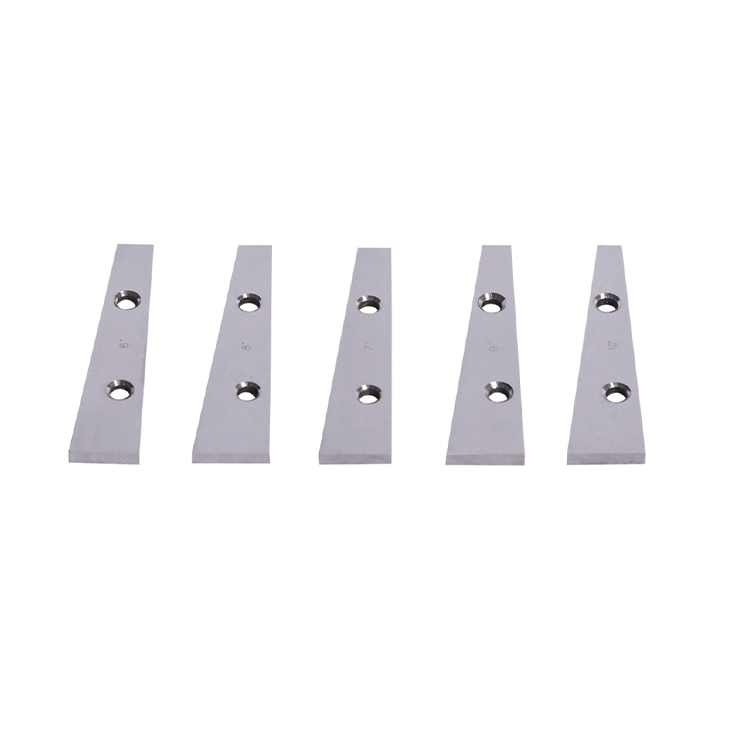pipe tap Factories
Pipe tap factories specialize in the manufacturing of pipe taps, essential tools used for creating internal threads in pipes and fittings. This guide explores the critical aspects of these factories, including manufacturing processes, quality control, and key factors to consider when sourcing pipe taps.
Understanding Pipe Taps and Their Manufacturing
Pipe taps are designed to cut threads into the inner surface of pipes, allowing for secure connections with other threaded components. The manufacturing process involves several key stages:
Material Selection
The choice of material is crucial for the performance and lifespan of pipe taps. High-speed steel (HSS) and carbide are the most common materials. HSS is suitable for general-purpose applications, while carbide offers superior hardness and wear resistance for demanding materials. For example, Wayleading Tools uses premium HSS and carbide to ensure the durability of their pipe taps.
Design and Engineering
Precise design is vital for accurate thread cutting. Factors such as thread pitch, flute geometry, and chamfer angle are carefully calculated and engineered to optimize performance. CAD/CAM software is often used to create detailed designs and generate toolpaths for CNC machining.
Machining
CNC machining is the primary method for shaping pipe taps. This process ensures high precision and repeatability. The blank is carefully milled, ground, and threaded to achieve the desired dimensions and tolerances. The machining process requires skilled technicians and advanced equipment, ensuring each tap meets stringent quality standards.
Heat Treatment
Heat treatment is a critical step to enhance the hardness and toughness of the pipe taps. This process involves heating the taps to a specific temperature and then cooling them rapidly to achieve the desired properties. Proper heat treatment ensures that the taps can withstand the stresses of thread cutting without premature wear or breakage. Vacuum heat treatment is a common method as it avoids oxidation and scale formation.
Surface Treatment
Surface treatments, such as titanium nitride (TiN) coating, can further improve the performance of pipe taps. These coatings reduce friction, increase wear resistance, and extend the life of the taps. Different coatings are available, each offering specific benefits depending on the application. For instance, pipe taps from Wayleading Tools often come with a TiN coating for enhanced performance.
Quality Control
Rigorous quality control is essential to ensure that pipe taps meet industry standards and customer expectations. This involves inspecting dimensions, thread quality, hardness, and surface finish. Advanced measuring equipment, such as coordinate measuring machines (CMMs), are used to verify that the taps conform to specifications. Defective taps are rejected to maintain the quality of the final product.
Factors to Consider When Choosing a Pipe Tap Factory
Selecting the right pipe tap factory is crucial for obtaining high-quality tools that meet your specific needs. Consider the following factors:
Manufacturing Capabilities
Evaluate the factory's manufacturing capabilities, including the types of equipment they use, their production capacity, and their ability to produce custom taps. A factory with advanced CNC machines and skilled technicians is more likely to deliver high-precision taps.
Quality Control Processes
Inquire about the factory's quality control processes. A reputable factory should have a comprehensive quality management system that includes rigorous inspection and testing at each stage of the manufacturing process. Request documentation or certifications to verify their quality standards.
Materials Used
Understand the types of materials used by the factory. Ensure that they use high-quality HSS or carbide that meets industry standards. Verify that they have traceability systems in place to track the origin and properties of the materials used.
Customization Options
If you require custom pipe taps, choose a factory that offers customization options. They should have the expertise to design and manufacture taps to your specific requirements, including thread size, pitch, and flute geometry. This is especially important for specialized applications.
Certifications and Standards
Check if the factory has relevant certifications, such as ISO 9001. These certifications indicate that the factory adheres to international quality management standards. Compliance with industry standards, such as ASME or DIN, is also important to ensure that the taps meet performance and safety requirements.
Pricing and Lead Times
Compare pricing and lead times from different factories. While price is an important consideration, prioritize quality and reliability. Consider the total cost of ownership, including the lifespan of the taps and the potential for downtime due to tool failures. Short lead times can be beneficial for urgent projects, but ensure that they do not compromise quality.
Reputation and Experience
Research the factory's reputation and experience in the industry. Look for customer reviews, testimonials, and case studies to assess their track record. A factory with a long history of producing high-quality pipe taps is more likely to be a reliable partner.
Common Pipe Tap Types and Their Applications
There are several types of pipe taps, each designed for specific applications:
NPT Taps (National Pipe Taper)
NPT taps are used to create tapered threads in pipes and fittings according to the American National Standard Pipe Taper standard. These threads provide a tight, leak-proof seal. NPT taps are commonly used in plumbing, gas, and hydraulic systems.
NPTF Taps (National Pipe Taper Fuel)
NPTF taps are similar to NPT taps but produce a tighter seal due to their slightly modified thread form. NPTF threads are often used in fuel and hydraulic systems where leak-proof connections are critical.
BSP Taps (British Standard Pipe)
BSP taps are used to create parallel or tapered threads according to British Standard Pipe standards. BSPP (parallel) and BSPT (tapered) are common variations. BSP taps are widely used in Europe, Asia, and other parts of the world.
Metric Taps
Metric taps are used to create metric threads in pipes and fittings. These taps are available in various sizes and pitches to meet different metric standards. Metric taps are commonly used in industries that adhere to metric specifications.
| Tap Type | Thread Type | Common Applications |
|---|---|---|
| NPT | Tapered | Plumbing, Gas Systems |
| NPTF | Tapered (Fuel) | Fuel and Hydraulic Systems |
| BSP | Parallel or Tapered | Various Industrial Applications |
| Metric | Metric Threads | Industries Using Metric Standards |
Best Practices for Using Pipe Taps
To maximize the performance and lifespan of pipe taps, follow these best practices:
Proper Lubrication
Use a suitable cutting fluid or lubricant to reduce friction and heat during thread cutting. This will improve the surface finish of the threads and prevent premature wear of the tap. Different materials may require different types of lubricants.
Correct Speed and Feed
Select the appropriate speed and feed rate for the material being tapped. Using excessive speed or feed can cause the tap to break or produce poor-quality threads. Consult the tap manufacturer's recommendations or use a tapping speed chart.
Proper Alignment
Ensure that the tap is properly aligned with the hole before starting to cut threads. Misalignment can cause the tap to bind or break. Use a tapping guide or a self-centering tapping attachment to maintain alignment.
Regular Cleaning
Clean the tap regularly to remove chips and debris. This will prevent the tap from clogging and improve the quality of the threads. Use a brush or compressed air to remove debris. For instance, if you are using pipe taps frequently, cleaning them after each use is recommended.
Storage
Store pipe taps in a dry and clean environment to prevent corrosion and damage. Use a tap holder or a storage case to protect the taps from impact and abrasion. Proper storage will extend the life of the taps and ensure they are ready for use when needed.
Conclusion
Choosing the right pipe tap factory and following best practices for using pipe taps are essential for achieving high-quality threaded connections. By considering the factors outlined in this guide, you can select a reliable factory that meets your specific needs and ensures the performance and longevity of your pipe taps. For premium pipe taps, consider exploring the offerings from Wayleading Tools, known for their quality and precision.
Related products
Related products
Best selling products
Best selling products-
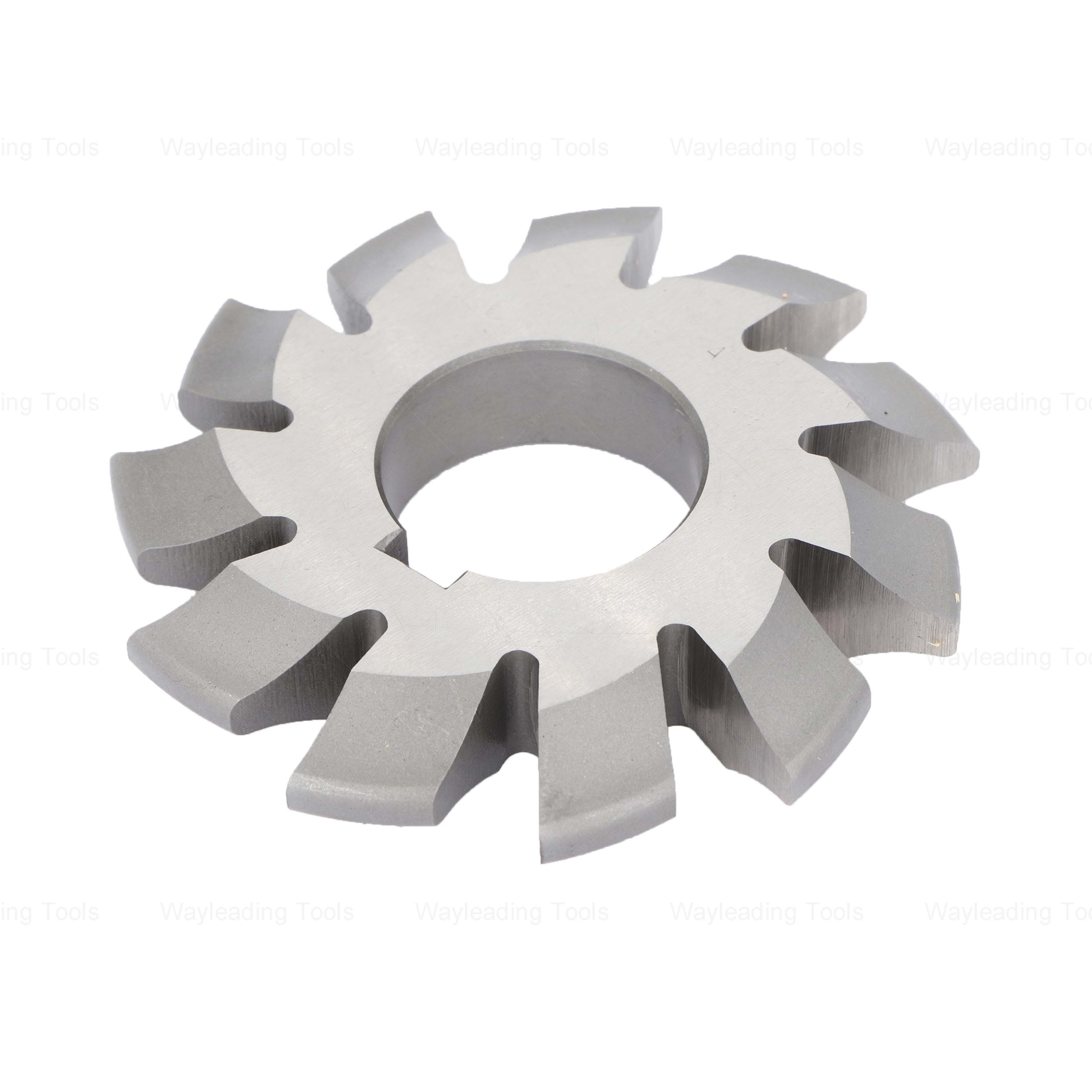 HSS Involute Gear Cutters – Module Type, PA 20° / 14.5°
HSS Involute Gear Cutters – Module Type, PA 20° / 14.5° -
 HSS DP Involute Gear Cutters With PA20 And PA14-1/2
HSS DP Involute Gear Cutters With PA20 And PA14-1/2 -
 Single Wheel Knurling Tools With Straight Pattern For Industrial Type
Single Wheel Knurling Tools With Straight Pattern For Industrial Type -
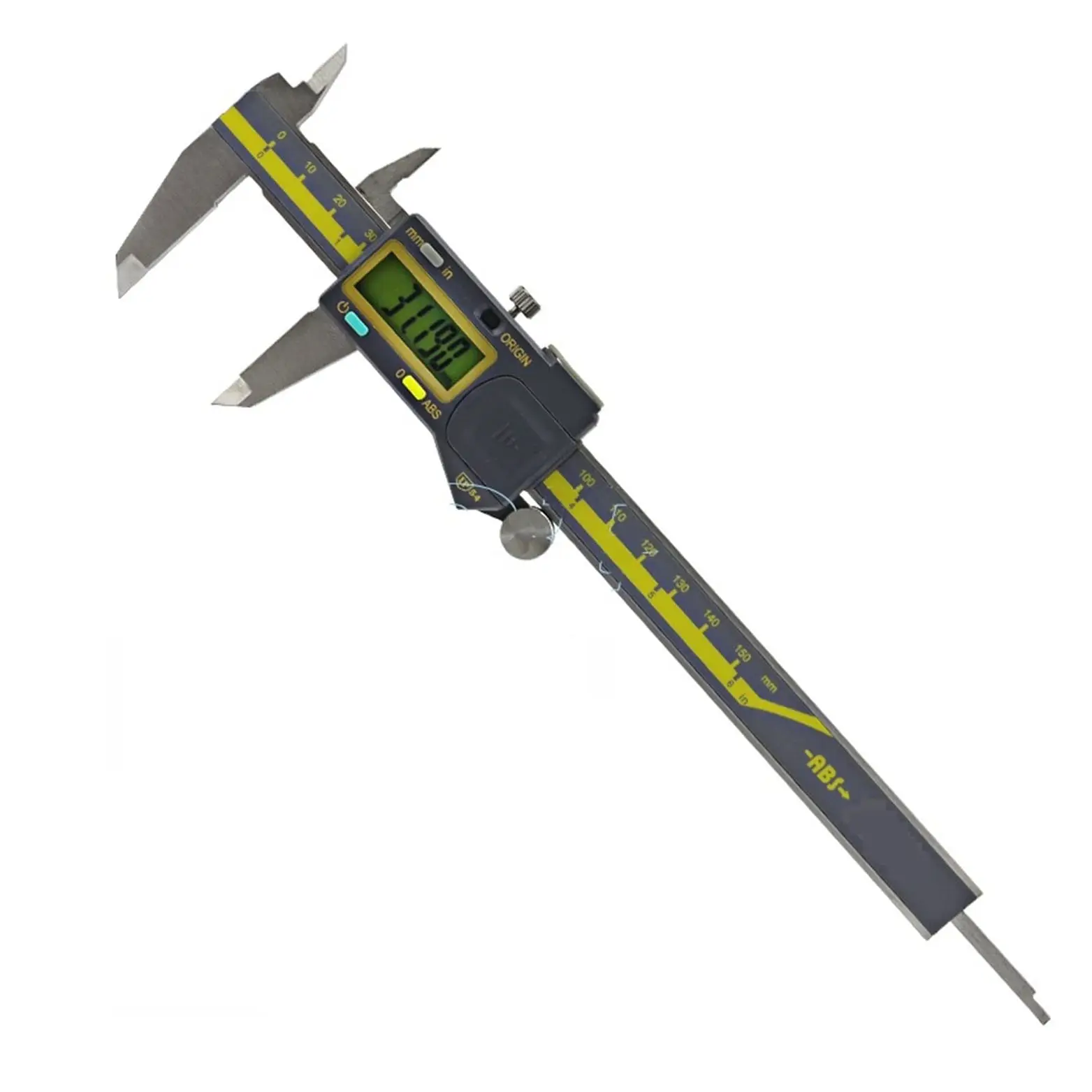 Precision IP54 Digital Caliper With Data Output For Industrial
Precision IP54 Digital Caliper With Data Output For Industrial -
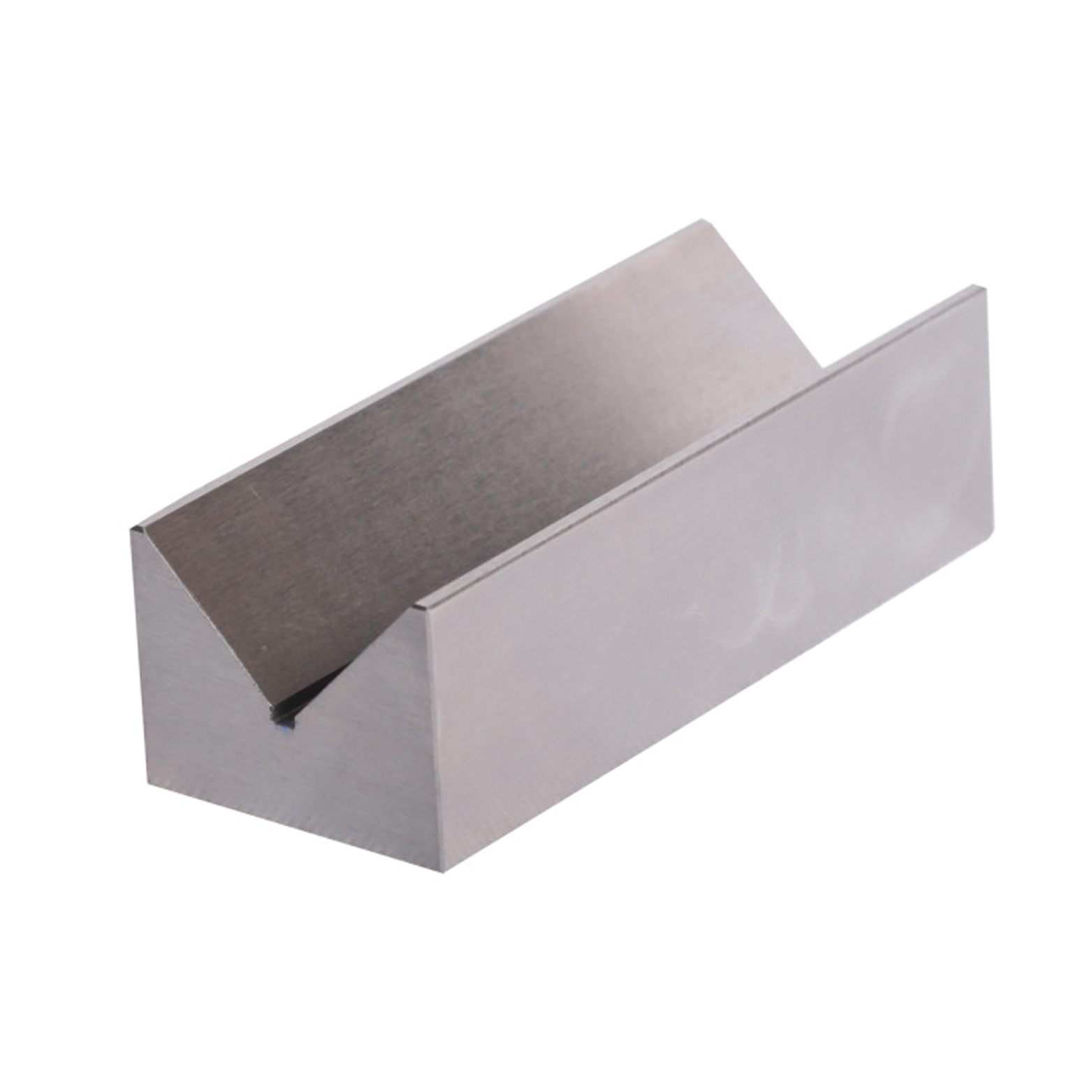 Precision V Block Set With Industrial Type
Precision V Block Set With Industrial Type -
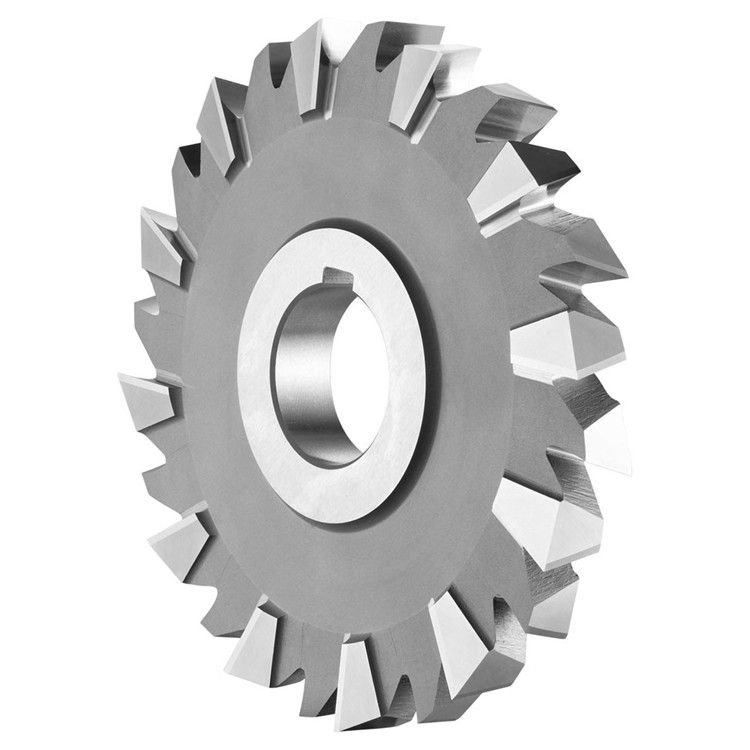 HSS Metric Side Milling Cutter With Bright Or TiN And TiAlN Coated
HSS Metric Side Milling Cutter With Bright Or TiN And TiAlN Coated -
 Precision V Block Set With High Quality Type
Precision V Block Set With High Quality Type -
 Metric HSS Annular Cutters With Weldon Shank For Metal Cutting
Metric HSS Annular Cutters With Weldon Shank For Metal Cutting -
 Type E Oval Tungsten Carbide Rotary Burr
Type E Oval Tungsten Carbide Rotary Burr -
 Inch HSS 1/2″ Reduce Shank Drill Bit For Metal Cutting Of High Precision
Inch HSS 1/2″ Reduce Shank Drill Bit For Metal Cutting Of High Precision -
 5C Square Collet With Inch and Metric Size
5C Square Collet With Inch and Metric Size -
 HSS Metric & Inch Dovetail End Mill With 45 And 60 Degree For Industrial
HSS Metric & Inch Dovetail End Mill With 45 And 60 Degree For Industrial
Related search
Related search- MSKN turning tool holder
- milling bit Manufacturer
- calipers with long jaws Factories
- G55 threading insert Manufacturers
- dial indicator magnetic base Factory
- MSSN turning tool holder Factories
- High-Quality milling collet chuck
- carbide tipped lathe tools Suppliers
- partial profile 55 degree threading insert Factories
- Wholesale Quick Change Tapping Chuck


